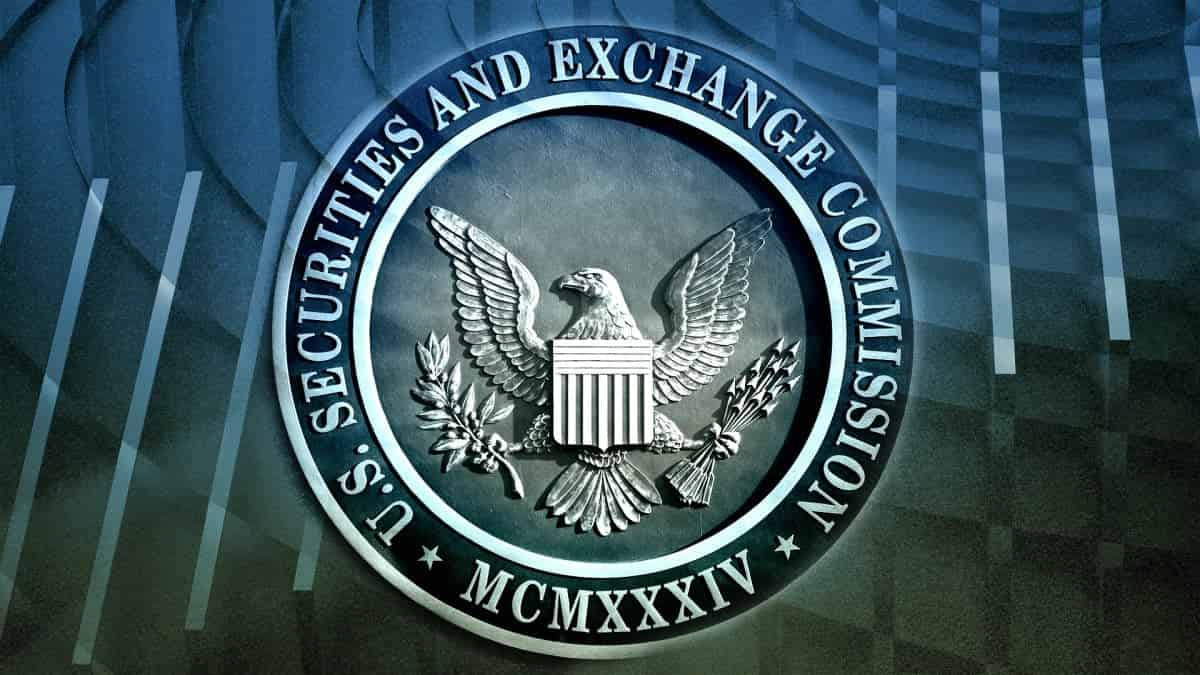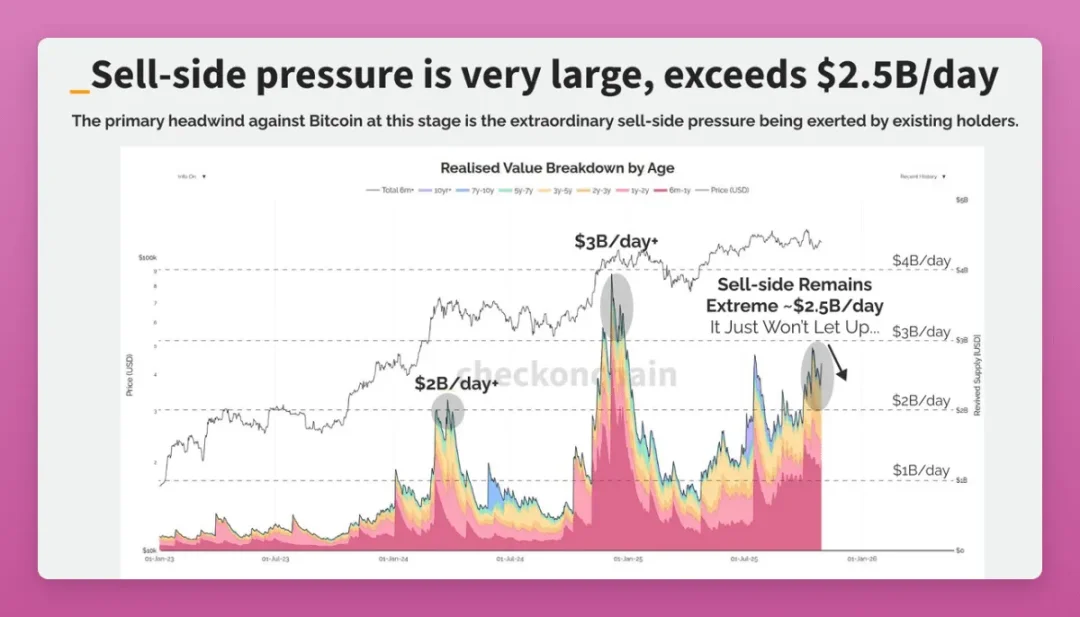US judge dismisses SEC's lawsuit against Richard Heart and Hex, PulseChain on jurisdictional grounds
Quick Take A U.S. District Judge threw out the SEC’s case against Richard Heart, the co-founder of crypto projects Hex and Pulsechain, arguing the agency did not establish that Finland-based Heart had sufficient contact with the U.S. to establish jurisdiction. The SEC, which had charged Heart with fraud and accused him of misappropriating at least $12 million of offering proceeds to purchase luxury goods, was given 20 days to file an amended complaint.

Brooklyn-based U.S. District Judge Carol Bagley Amon has dismissed the SEC's lawsuit against Hex, PulseChain, and Pulsex founder Richard Heart, born Richard Schueler, arguing the regulatory agency did not sufficiently establish its jurisdiction over Heart, a U.S. citizen based in Finland.
Amon's ruling argued the SEC failed to present specific evidence tying Heart to activities within the United States. "For example, the SEC alleges that Heart discussed the benefits of PulseChain, its profit potential, and his development efforts on PulseChain’s website and YouTube," the ruling states. "Notably, the [SEC's] Complaint fails to allege that this conduct was directed at the United States; instead, it merely alleges this conduct originated abroad through online activities."
The SEC's lawyers argued that Heart's appearances at U.S.-based conferences, such as the Hex conference in Las Vegas in September 2022, shows an intent to market towards U.S. investors. "Why else would he be appearing before these markets? Why would he be appearing before these audiences and talking about Hex, PulseChain, and PulseX if he did not understand that there was a market for his securities there," SEC lawyer Ben Kuruvilla argued in a hearing on October 31, 2024.
However, Amon ruled that statements made after the "offer period" of the assets didn't have any bearing on the case. "Although Heart did discuss Hex extensively during the Hex Conference, it is irrelevant to the offer and sale of unregistered securities because investors could no longer participate in the offer period," the ruling states. "The Complaint alleges that since the 'Hex Offering closed, Hex investors can only purchase Hex tokens from third parties' on platforms such as Uniswap...But Heart is not alleged to have any control or involvement in Uniswap."
The ruling didn't decide the question of whether or not Heart offered unregistered securities, or committed the fraud alleged in the original complaint , but rather found that the SEC didn't sufficiently establish firm connections between Heart and U.S. investors or developers.
"The Complaint alleges that some investors in the U.S. deposited crypto assets during the PulseChain Offer Period...This fails to show that the alleged fraud had a 'substantial effect in the United States,'" the ruling states.
However, Amon did leave an opening for the SEC to file an amended complaint addressing the question of jurisdiction, giving the agency 20 days to do so. The SEC did not immediately respond to a request for comment.
"Today's decision in favor of a cryptocurrency founder and his projects over the SEC brings welcome relief and opportunity to all cryptocurrencies," Heart said in an X post celebrating the ruling. "Thank you President Trump for supporting cryptocurrency."
The price of HEX has risen over 34% in the past twenty-four hours, according to CoinMarketCap.
Disclaimer: The content of this article solely reflects the author's opinion and does not represent the platform in any capacity. This article is not intended to serve as a reference for making investment decisions.
You may also like
Has sector rotation in the crypto market really failed?
With BTC maturing first, ETH lagging behind, and SOL still needing time, where are we in the cycle?

Prospects of Ethereum Protocol Technical Upgrade (1): The Merge
This article will interpret the first part of the roadmap (The Merge), explore what technical design improvements can still be made to PoS (Proof of Stake), and discuss ways to implement these improvements.

DYDX Boosts Market Moves with Strategic Buyback Decision
In Brief DYDX increases revenue allocation for token buybacks from 25% to 75%. Price gains expected due to reduced supply pressure and strategic decisions. Increased buybacks viewed as a crucial financial strategy amidst volatile conditions.

Corporate Crypto Treasuries Shift as Bitcoin Loses Ground to Altcoins

